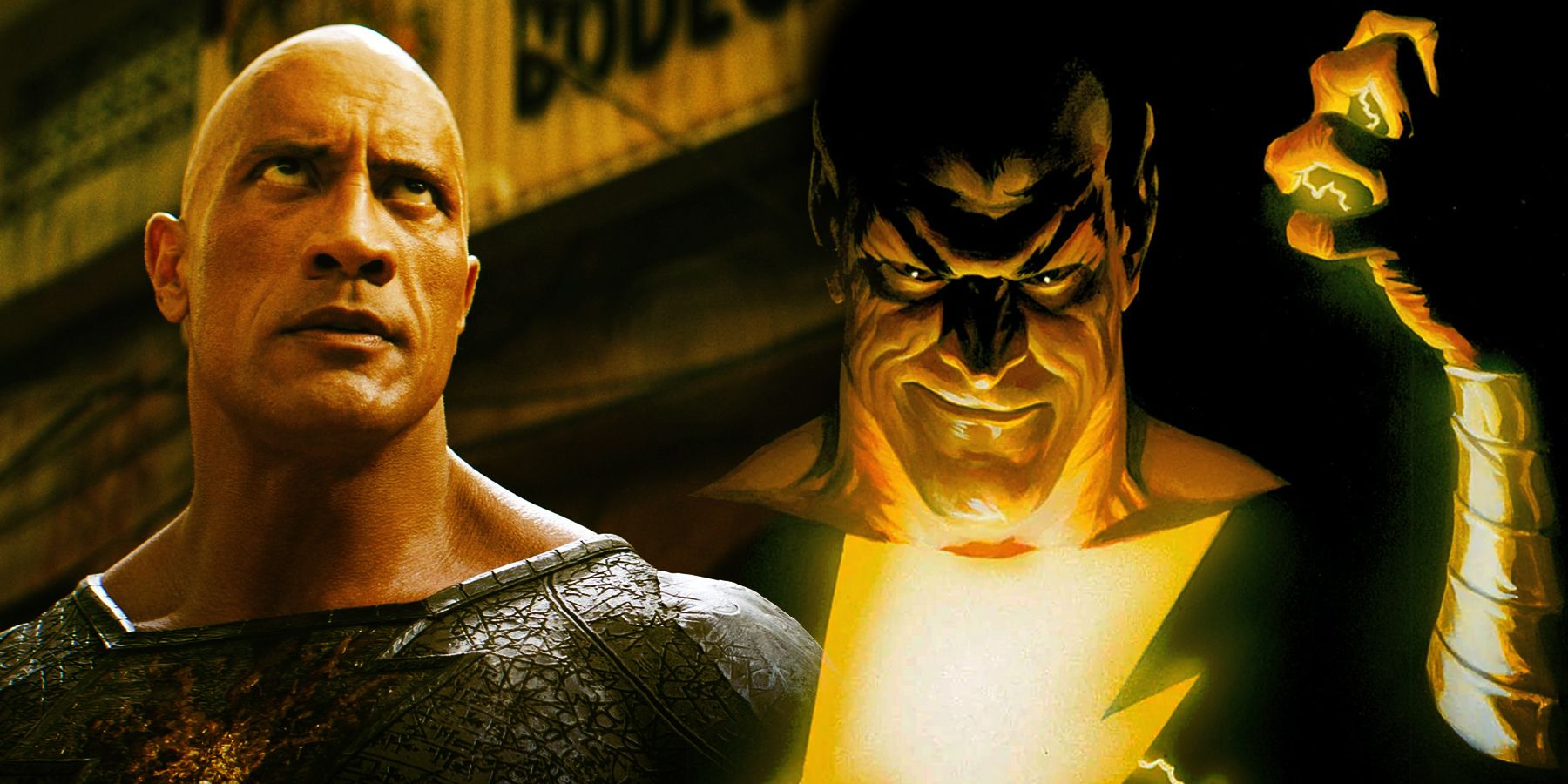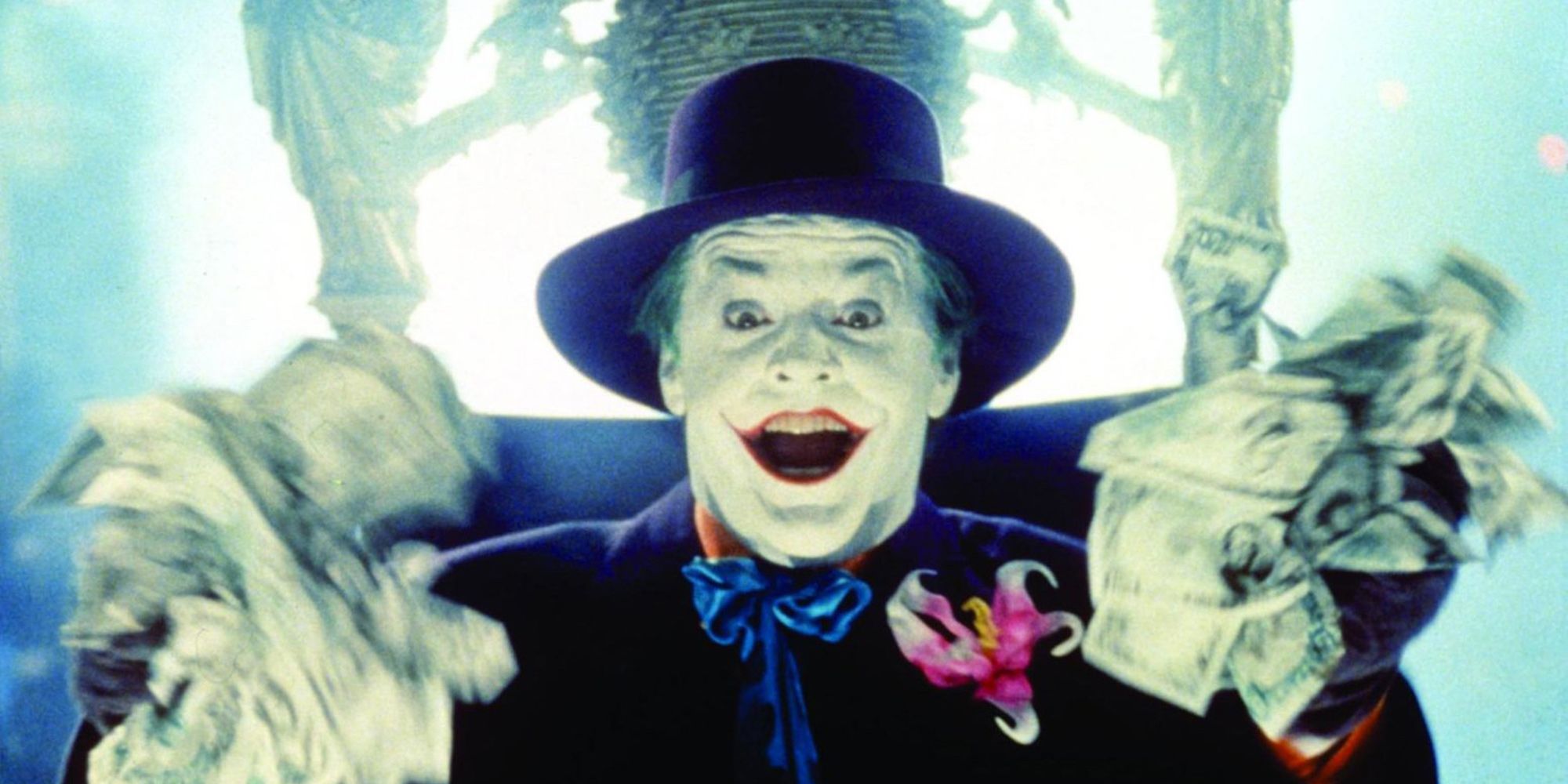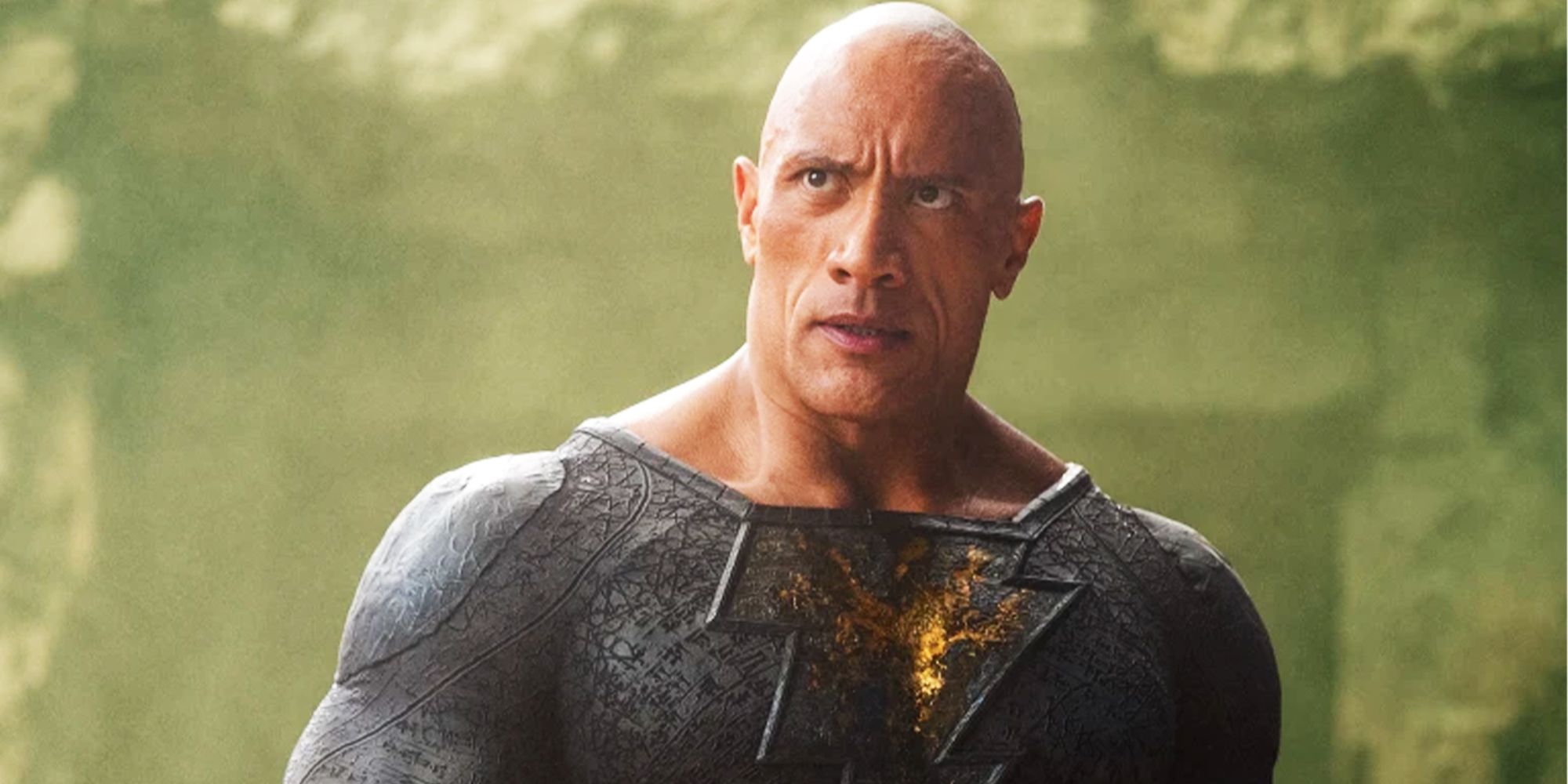Black Adam was touted as a new beginning for the DC movie universe: a soft reboot after years of decidedly hit-and-miss efforts to emulate The Marvel Cinematic Universe. The film is doing well financially, though not on the same level as other DC movies, lagging well behind in several key categories, according to Box Office Mojo. Critics' response is heavily mixed, and while Black Adam can probably call itself a success, it doesn't look to solve any of the franchise's big-screen woes.
One thing that most can agree on is that Dwayne Johnson is the best thing about the film. The veteran star is seemingly made to play superheroes, and Teth-Adam fits him perfectly while giving him an unusually dark character to explore. He's the straw that stirs Black Adam's drink, and indeed many of the film's shortcomings are easier to forgive once The Rock gets rolling. And yet that may be part of the problem. By stressing the star over the character, DC has painted itself into a corner. It also demonstrates why the franchise has struggled with its big-screen superheroes and why -- as strong as he is in Black Adam -- Johnson's casting is a sign of a lingering problem.
Hollywood Can't Stop Pushing Stars
Movies were star-driven for decades, and the name above the headline is still considered the central draw for many films. The practice goes back to the earliest days in the movie industry. Richard Dyer's seminal book Stars recounts how figures like Marilyn Monroe and John Wayne were crafted into marketable personas, relying on familiarity to induce people back into theaters. The trend hit its heyday in the mid-1990s when Jim Carrey made headlines for a then-astronomical $20 million salary for starring in The Cable Guy.
With superhero movies, however, the characters tend to supersede whoever's playing them. Actors themselves become less important than their suitability for the part, with audiences there to see figures they're already familiar with. That lesson can be slow to take, however, and ignoring it can create serious problems. 1989's Batman is a textbook case of fronting the stars over the characters, with Jack Nicholson (and, to a lesser extent, Michael Keaton) actively stressed in the film's marketing. It worked, more or less: both actors received deserved praise for their performances, and the film was a colossal hit. But subsequent Batman sequels applied the wrong lessons and rapidly became candy-colored star vehicles based on casting gimmicks. The characters and their stories took a back seat, and the cycle ultimately crashed and burned with 1998's infamous Batman and Robin.
Black Adam Steps Into the Same Trap
In the interim, comic-book movies have risen to dominate pop culture, led by the MCU and its various spin-offs. Marvel has succeeded in part by taking the lessons of the Burton/Schumacher movies to heart: stressing the subjects rather than the performers, no matter how famous. Hugh Jackman was an unknown when he became Wolverine, and while Tobey Maguire was a noted A-lister when 2002's Spider-Man was released, the character has continued to score big hits at the movies without him. Even Robert Downey, Jr. -- the closest thing to an MCU franchise star -- was far from a box-office guarantee when he was first cast in 2008's Iron Man. In every case, the hero was bigger than whoever played him, and the MCU's rapid proliferation has deftly avoided hitching its wagon to any one actor.
Black Adam, on the other hand, appears to double down on the Star First philosophy: a shaky move if it's intended to reboot the DC movie universe. The character has a compelling backstory and can make a good movie subject, but he's not well-known outside of comic book circles, and as an ostensible villain, he doesn't make a strong centerpiece for a franchise that includes pop-culture evergreens like Superman and Wonder Woman. Black Adam didn't trust its title character at all: The Rock was the sole selling point, with Teth-Adam chosen because he was a good fit for the actor instead of the other way around.
The problems have already begun to manifest, starting with the good-but-not-great box office figures that can't match those of better-known DC figures. Including Black Adam in every subsequent DC production is absurd and self-defeating, and Johnson presumably would like to move on to different roles eventually. Yet by hitching its big reboot to him, Warners is essentially saying that he alone can pull the franchise out of the rut. He can't, nor should he be expected to. But the perils of Black Adam's approach aren't new, and until DC addresses them more resolutely, it will never have the movie success its universe deserves. As good as he is, Johnson is a signal that the franchise still has work to do.
Black Adam is currently playing in theaters.



